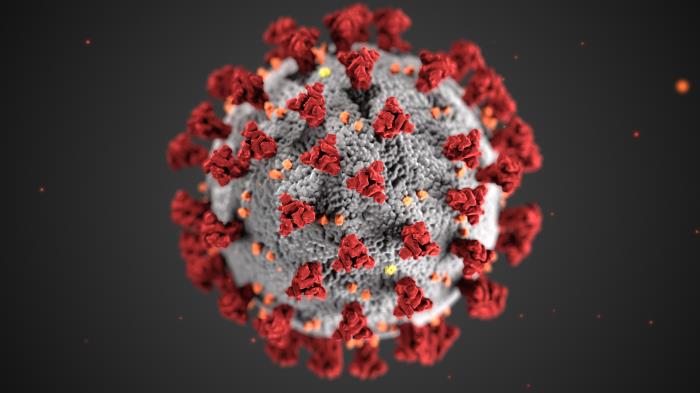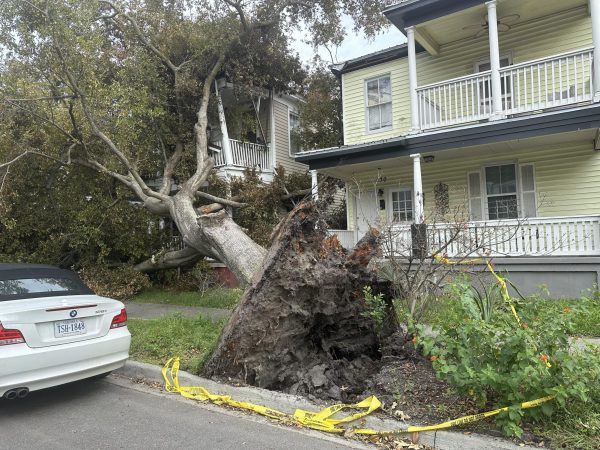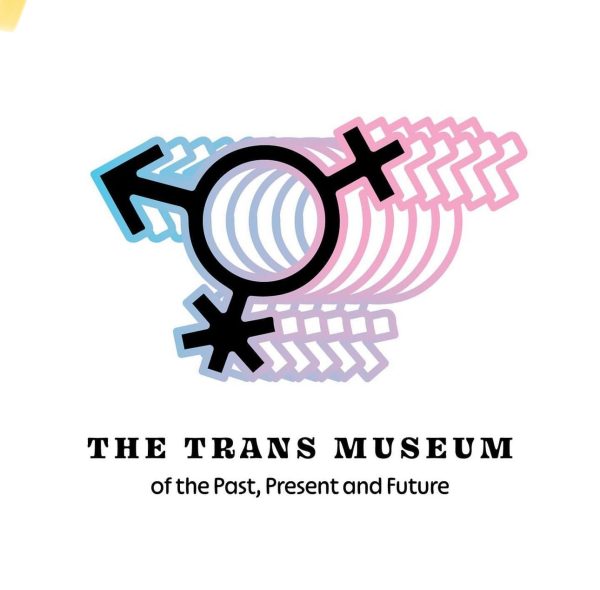Characterizing the Discourse Surrounding COVID
COVID-19 has upended day-to-day life on an unprecedented scale unlike anything ever seen before. No one could have ever expected anything like this pandemic; it caught the world by surprise and has left humanity searching for solutions. Moreover, it has led to a discordant society split between the vaccinated and unvaccinated, which has yielded its line of discourse.
This discourse has reached an all-time high after this past holiday season with the emergence of the Omicron variant of COVID-19. Cases have surged upwards again, with an average of over 775,000 points per day in the United States as of Jan 11. 2022 smashing the previous record of 250,000 daily cases seen in December 2020. To further illustrate the devastation of the virus, on Jan 10, cases reached 1,417 493, the first day of the spring 2022 semester. Conversations about how to attack the fast-growing variant have been rampant.
Some have brought up how studies have shown how the Omicron is less severe in the context of hospitalization. But the recent caveat to that has been the fact that complacency is dangerous, and the high volume of cases can disregard the mitigation of severity. Essentially if large amounts of people require hospital care, then a new onset of problems can occur, such as hospital capacity getting reached.
Another area of dispute has been whether the current vaccines could be truly effective against the Omicron. Some have suggested that the Omicron variant would require adjustments of the existing vaccines against Omicron. The answer is that the current vaccines (Pfizer, AstraZeneca, and Moderna) all target the same spike protein. Both the Delta and Omicron variants have been strikingly similar in this protein. If the variants had a significant difference in the spike protein, then a redesign of the vaccines would likely be necessary.
“In my best view the best news in the study is the observation that the booster is highly effective at reducing serious illness from Omicron,” said Professor James Naismith, from the University of Oxford.
On a more local scale, the City of Savannah reinstated the city’s mask mandates in all city-owned and operated facilities. The mayor reduced the mandate back in November, but the City reinstated the policy in response to the growing Omicron. The mayor has also urged private businesses to require masks, but it’s ultimately left to the owners’ discretion.
The key now is to stay safe; the Omicron is growing and has no discrimination; the virus can infect anyone. Therefore, infection prevention is essential.
If you are not vaccinated, the CDC recommends:
-Wash hands with soap and water for at least 20 seconds. If soap isn’t available, use a hand sanitizer with at least 60% alcohol.
-Stay home if you’re sick
-Avoid touching nose, eyes, and mouth. Use a tissue to cover a cough or sneeze, then dispose of it in the trash.
-Wear a mask that fits snugly over your nose, mouth, and chin.
-Keep about 6 feet between yourself and others.
-Use a household wipe or spray to disinfect surfaces that are frequently touched.
Stay safe and have a great semester!

An award-winning senior Communications major from Atlanta, Georgia, Jabari is passionate about bringing diverse perspectives to the news. He has been with...







Joi McKinnon • Jan 12, 2022 at 11:25 am
This article was both intriguing and enlightening
Airmen Green • Jan 12, 2022 at 10:12 am
Thank you for the information. Outstanding job